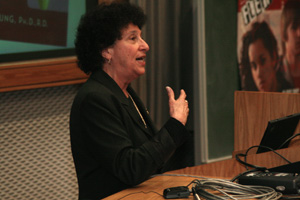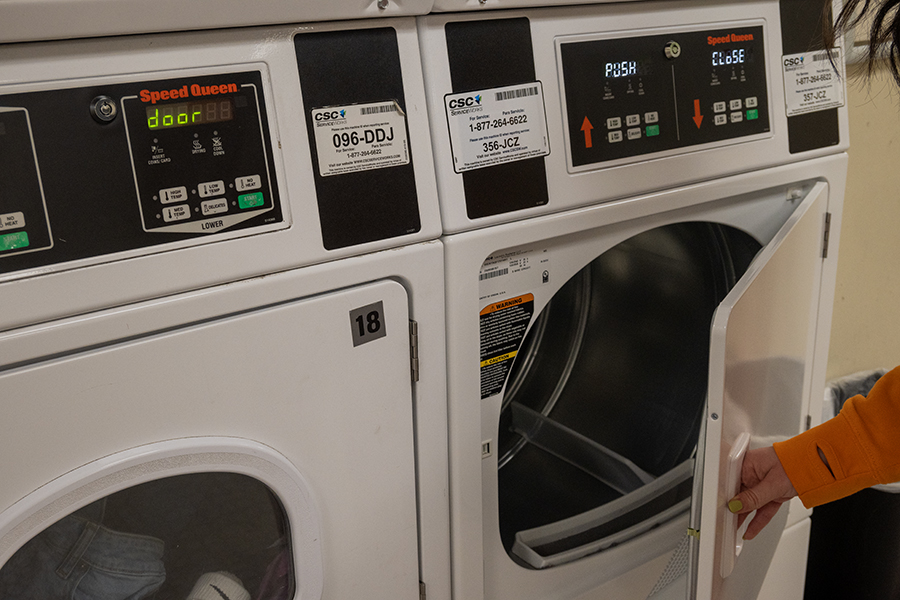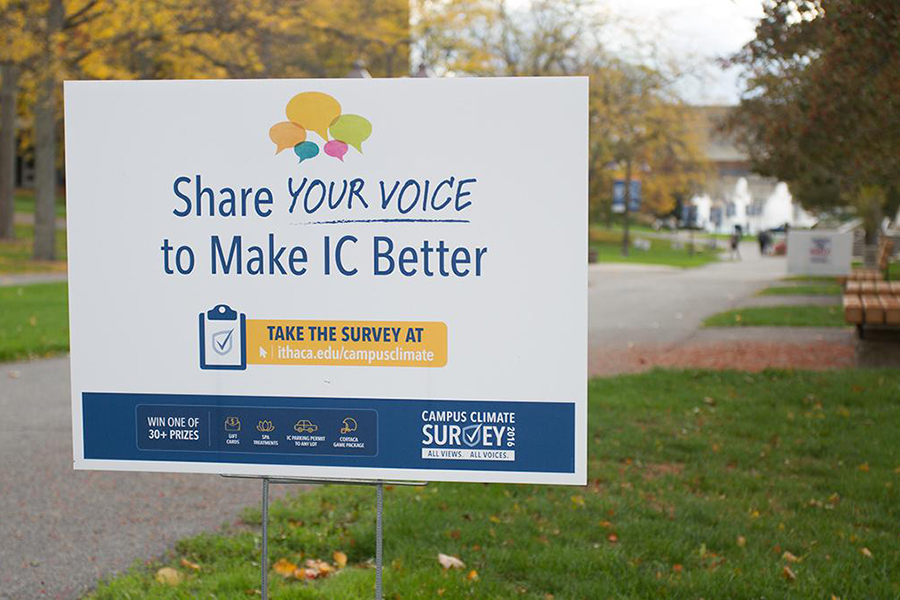Marion Nestle, a critic of the food industry and the health promotion scholar in residence for the School of Health Sciences and Human Performance, held a lecture, “What to Eat: Personal Responsibility versus Social Responsibility,” and master class Tuesday. Nestle has written four books about the food industry, her most recent of which, “What to Eat,” takes readers through the supermarket, decoding food labels and guiding readers to make sensible food choices for a reasonable cost. Staff Writer Kathy Laluk spoke with Nestle via e-mail about the food industry, eating habits and obesity in the United States.

Kathy Laluk: What are some of your responsibilities and some of your goals as the health promotion scholar in residence?
Marion Nestle: I am meeting with a class, talking to students and giving a public lecture. My work is about the social, economic and marketing factors that influence what people eat.
KL: What sparked your interest?
MN: The turning point was going to a meeting run by Surgeon General C. Everett Koop at the National Cancer Institute in about 1990. [The meeting] was on behavioral approaches to cancer prevention, and physicians and scientists at this meeting showed slide shows on how cigarette companies market to children. They were very powerful, and … I thought, We could be doing this for Coca-Cola.
KL: In your books, you claim the food industry promotes unhealthy eating. What kinds of tools or techniques do food companies use to persuade us to eat foods we know are unhealthy?
MN: The food [industry] is in the business of selling food in an investment economy in which companies not only are required to be profitable, but also to expand sales and produce higher returns to investors every 90 days. Companies must do this in a food environment that already provides nearly twice the amount of food the country needs on average. So companies necessarily work to promote eating more food, in more places, at more times of the day and in larger portions. They are not deliberately trying to make people fat. Obesity is just collateral damage from the normal way of doing business in this society.
KL: Do you think the waves of “fad diets” in the past few years have affected the way the food industry does business?
MN: Well, in the case of the Atkins diet [for example], a lot of companies immediately started putting out low-carb products, but it is a short-term strategy because fads, by definition, come and go. The food industry tries to respond to trends, but I don’t think that “fad diets” are very important.
KL: Do you think some college students’ lifestyles are a factor in less-healthy eating habits?
MN: College students with meal plans have access to more food, more often and in more places than they need. That kind of access promotes eating more calories from the wrong kinds of foods. What [are] needed are changes in the [college] environment to make it easier to eat [healthier].
KL: What other effects, such as social or cultural for example, aside from food industry promotions, have the greatest influence on a person’s food choices?
MN: Larger portions. People eat more calories from larger portions than from smaller portions, and they underestimate the number of calories they are eating to a greater extent.
KL: What do you think is the best way to go about solving eating habit and obesity problems in the United States?
MN: I favor restrictions on marketing foods to children, the kinds of foods served in schools and health claims on food packages, along with legislation that improves the way we support farming, fund election campaigns and regulate corporations. On a personal level, people need to eat less, move more, add more fruits and vegetables and whole grains and go easier on the junk foods.
KL: What would you say to people who simply do not want to “eat less [and] move more?”
MN: I don’t say anything to them. When people are ready to make changes, that is when they are interested in listening [to me]. If people don’t want to make changes, then there is nothing anybody can do about it except try to change the environment to make it easier for people to make [healthier] choices without feeling that they have to do anything about it personally.
KL: What do you hope students will take away from your presentation?
MN: I hope students will better understand that eating is a social act as well as an individual act, and that we need to change society to make it easier for people to eat [healthier].






